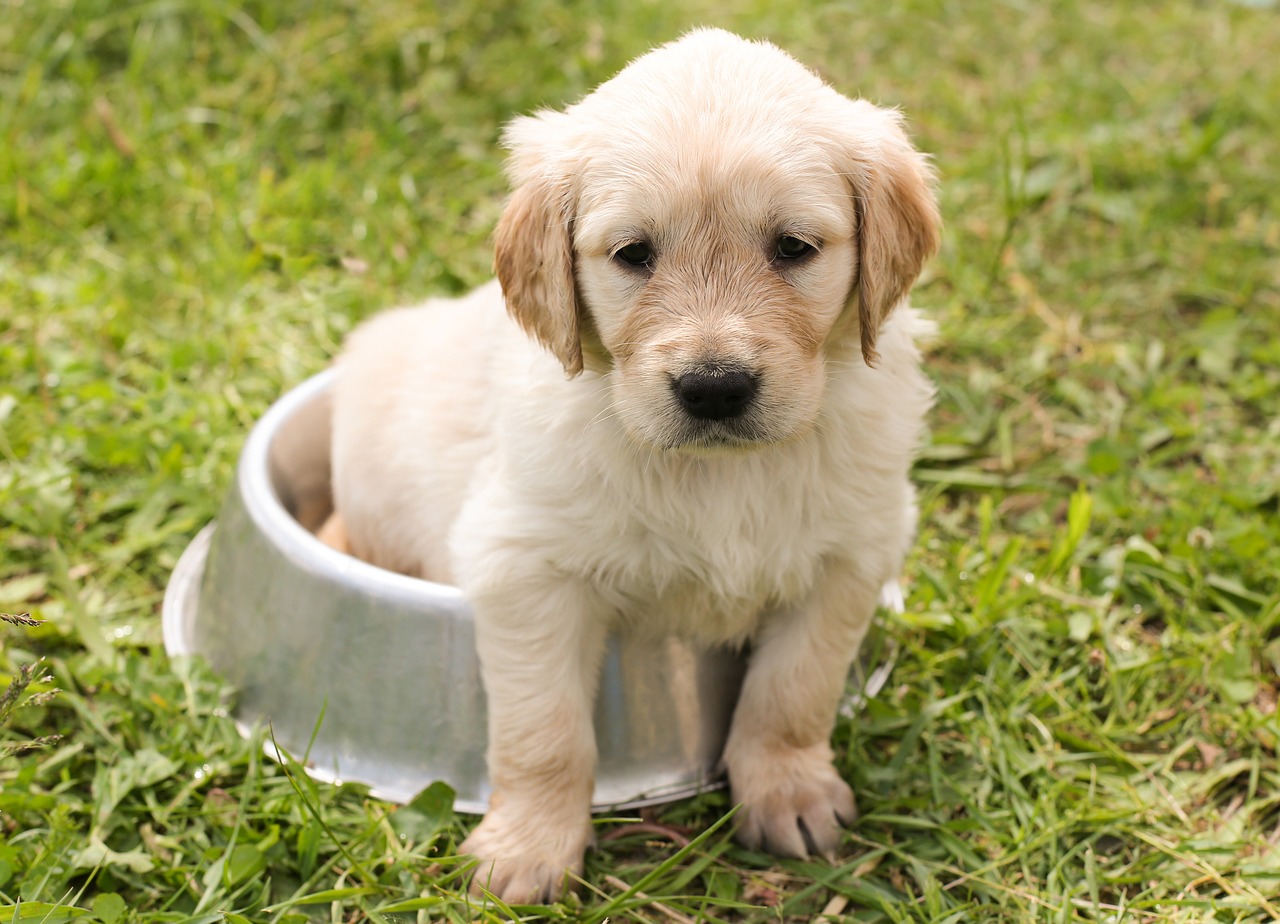All Pet Health Articles

5 Painful Conditions in Dogs and How to Help Them
Dogs may not be able to tell us when they're in pain, but as loving pet parents, we can pick up on subtle changes in their behavior that indicate something isn’t right. Here are five common health issues that can cause significant discomfort in dogs, along with helpful tips on how to spot and manage them.

5 Painful Conditions Cats May Suffer From
Cats are experts at masking pain, which makes it tricky to tell when something’s wrong. Sadly, many common feline health issues can be quite painful. That’s why it’s important to watch for any changes in their behavior and get them checked by a vet as soon as possible. Acting quickly can help keep your cat happy and healthy.

Winter Heartworm Prevention: Why Cold Weather Doesn’t Guarantee Safety
Heartworm disease is a serious and potentially deadly condition that affects both dogs and cats, and it's transmitted through mosquito bites. While many people associate mosquitoes with summer, the risk of heartworm infection isn’t limited to just warm months. In reality, heartworm disease is a year-round threat—even during the winter—so keeping your pet on a consistent preventive treatment is crucial for their health and safety.

Kidney Disease in Cats: A Common Concern
When someone tells me their pet has kidney problems, I immediately think of an older cat. That’s because kidney disease is incredibly common in aging cats, though dogs can develop it too. In fact, many senior cats will face some degree of kidney disease if they live long, healthy lives.

10 Reasons Your Dog Might Have Diarrhea: When to Be Concerned
Has your dog been having diarrhea lately? It might just be a minor stomach issue, but there could be other reasons behind it—some harmless and others more serious. Let’s take a closer look at what might be going on.

5 Most Common Summertime Pet Ailments
Summer is a great time for outdoor adventures, and our pets love joining in on the fun. But with the warm weather comes a few seasonal risks that could lead to an unexpected trip to the vet. To help keep your furry friend safe and comfortable, here are five common summer health issues pets face—and what you can do to prevent them.
Get insurance plans with wide-ranging coverage options






